Three whisky wizzes drop the snobbery around tastings and simplyfy the hazy jargon
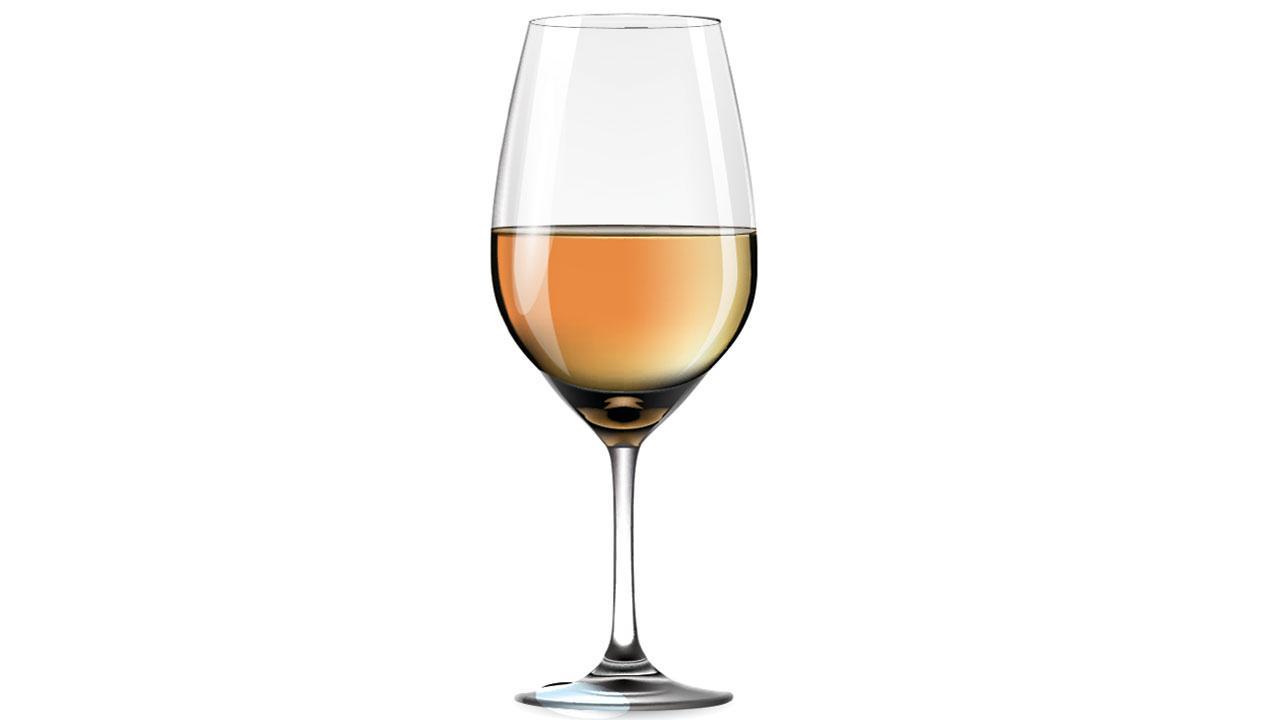
Representation Pic
The world of whiskies can be intimidating: First came the purist who dropped a flavour chart upon us—it’s a highland with its full-bodied, rich and fruity notes; an Islay with its peaty punch; a Speyside giving honeyed nuances with a spicy finish a floral from lowlands; and a Campbeltown for being briny.
ADVERTISEMENT
Then, the New World whiskies came from Japan, Taiwan, Canada, Australia and even France, making waves with their unique styles. From making whisky out of molasses to adopting Scottish traditions, Indian whiskies have come of age (pun intended) and are leading the pack of New World whiskies. They are doing exceptionally well as distillers showcase talent and unique terroir characteristics, bagging awards on the global map.
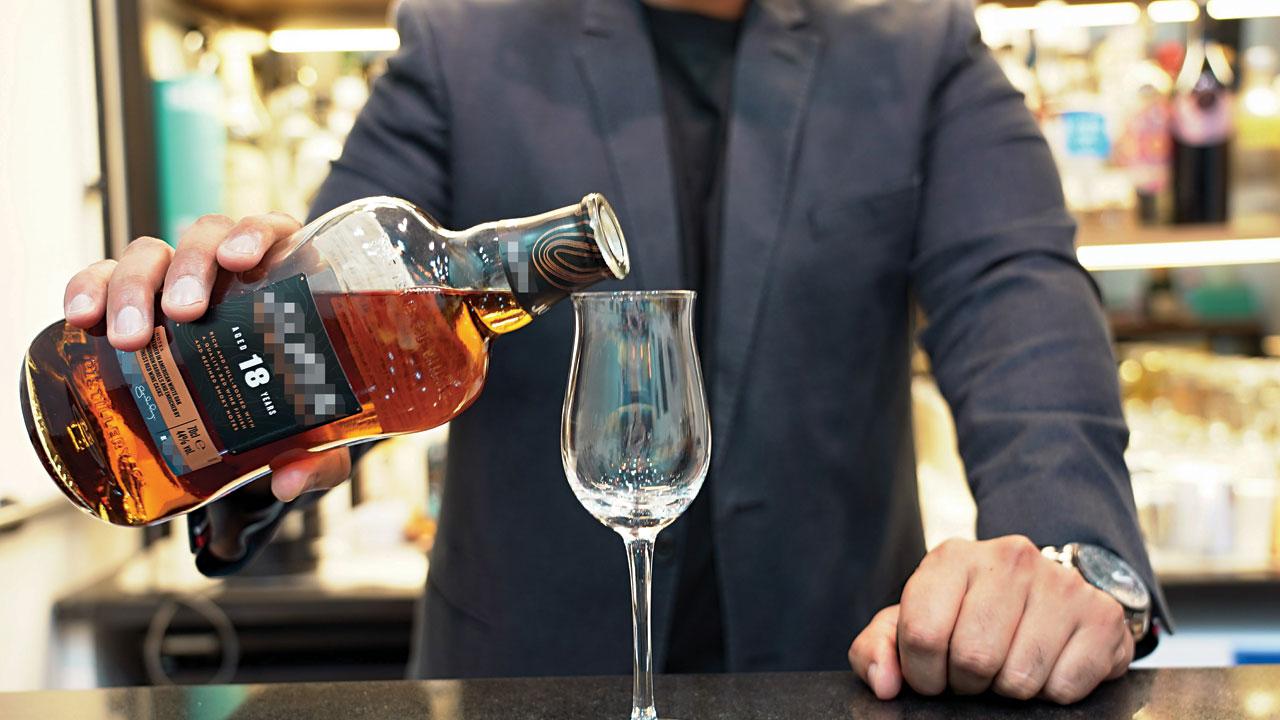
Whisky ambassador Ajit Balgi is proud that more Indian brands are found on foreign shelves and are acing at worldwide competitions. Pic/Aditi Haralkar
Recent victories include Indri-Trini, India’s first triple cask single malt, named Best ‘New World’ Whiskey by VinePair; Godawan, India’s first artisanal single malt, receiving ‘Distiller of the Year,’ ‘Sustainable Distillery of the Year,’ and ‘Craft Producer of the Year’ at Icons of Whisky India 2024; and Radico Khaitan’s Rampur Asava Indian Single Malt winning Best World Whisky at the 2023 John Barleycorn Awards.
In the 2000s, when Ajit Balgi managed a bar in a five-star hotel, he received the weirdest request from a customer: Blue Label and cold milk. “While I ensured the order was delivered, I was bewildered as a young professional. As I matured in the journey of beverages and life in general, I understood one thing: individual taste is paramount,” the founder of The Happy High Wine & Spirit Consultancy, Education & Experiences in Ghatkopar, tells us.
Like wine snobbery in India more than a decade ago, the reign of single malts wears that crown today. “Name-dropping and jargon can easily intimidate both seasoned whisky drinkers and novices. Stick to your opinion and don’t enforce it upon others,” says Balgi.
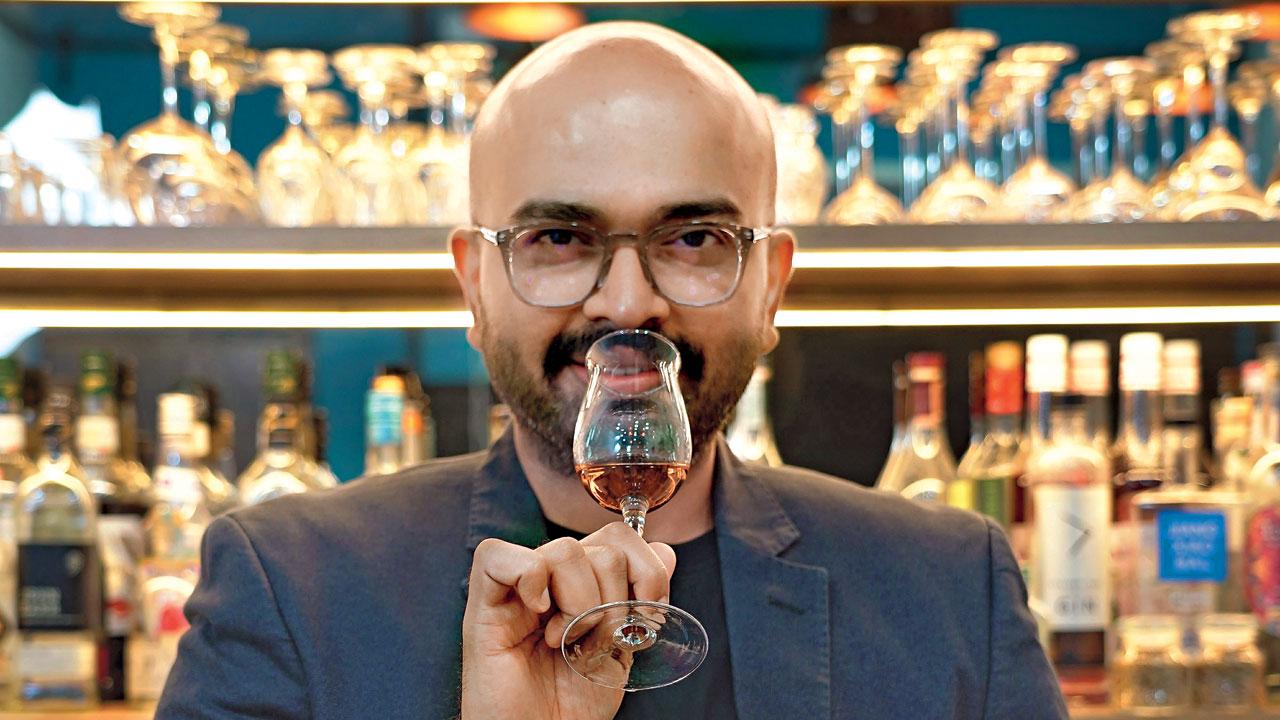
We ask what a good whisky is, only to get an unexpected response: No whisky is better than the other. “Each whisky has a taker; each whisky has a time of the day, a mood, a ritual, and an intricate make-up for the connoisseur to savour. You need to find the right pour for your mood—a sweet sherried nightcap, a savoury one with a hint of saline from the coast or a smoky one for a cold evening,” says Balgi.
The tipping point of India’s educated whisky drinking arrived during the lockdown when people explored out of the known labels, took online classes and became more discerning than ever. “We stand as the number one Scotch market with the Irish, the American and the Japanese trying to grab a share of that pie. Indian brands are not only found on more foreign shelves but also top-of-the-class in many competitions. It can only grow from here,” says Balgi.
A whisky tasting is like meeting someone for the first time: “Hello. How are you? Nice to meet you,” Rojita Tiwari, Goregaon-based award-winning drinks consultant, judge and writer. When you hold the glass in your hand, take time to observe the colour, swirl, and nose. Pay attention to what your senses are telling you. “Does it smell appealing? Is there a particular aroma that draws you in?,” she encourages one to ask. “Get to know each other by communicating,” says Tiwari, who runs beverage consulting firm Drinks and Destinations. Next, take the glass close to your nose.
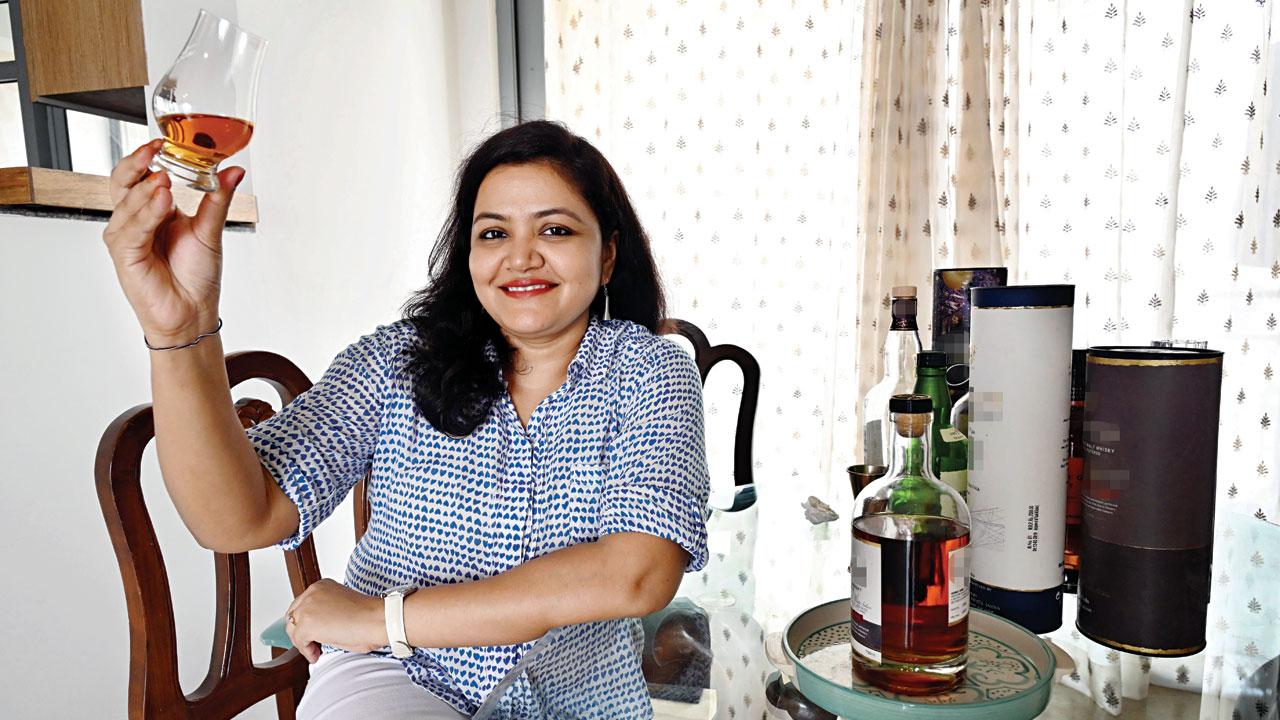
Whisky tasting is a process that must not be rushed into, says beverage consultant Rojita Tiwari. PIC/ANURAG AHIRE
“Move it from one side of the nose to the other as your senses vary depending on the time of day. This helps access the spirit in a much better way. When you taste, take small sips and let it coat your palate. Notice the flavours that emerge. How does it feel on your tongue?” Tiwari’s journey began in 2006 when she was Associate Editor. “My idea about wines and spirits was limited. With time, I learnt that there was a technique to appreciating spirits,” says Tiwari, who went on to do her WSET level 3 in wine and level 2 in spirits.
By 2013, she was judging these competitions. “The tasting is done blind. You’re only and only focused on the liquid,” says Tiwari. Past the bourbons, scotches and Japanese whiskies, she’s noticed a rising interest in New World Whiskies from places such as India, Taiwan, Australia, Canada, and France. “While all have the same approach to whisky making, the provenance, maturation, climate, angel share, production techniques, and even finishing in different casks set them apart.
Whisky tasting is a metaphor, as we describe smells and tastes that are not there. The process is evocative as these remind us of many old and forgotten things,” says Hyderabad-based retired banker Krishna Nukala, whose curiosity led him onto the path of whisky tasting. “Around 25-30 years ago, whiskies in India were ordinary,” says Nukala, “We never knew anything apart from Johnnie Walker or Chivas Regal. My exploration began in 1995 when I tried a Macallan 12-year-old in New York. Soon after, during a foreign exchange training in Surrey, Scotland, I tasted a Lagavulin. I cancelled my return ticket, searched for Lagavulin Distillery in Islay, and met Mike Nicholson, the distillery manager. My life has not been the same ever since.”
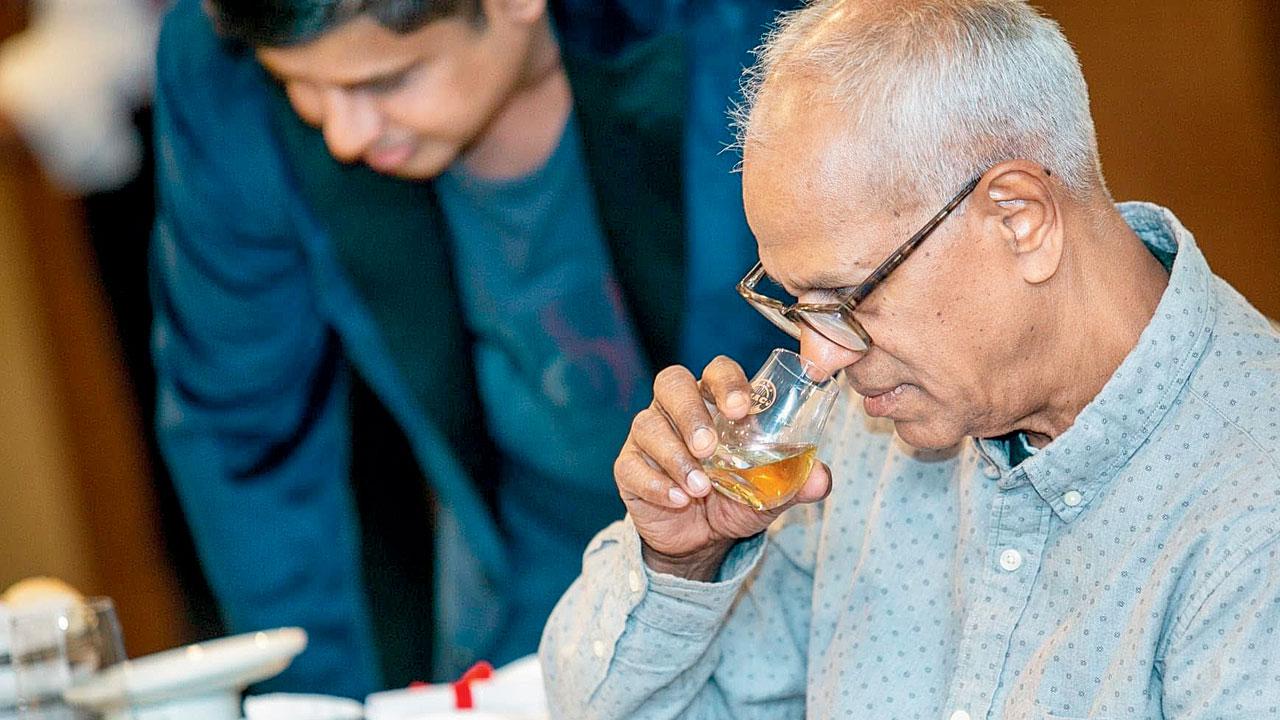
Krishna Nukala, says India has top-class master distillers who are winning awards at international competitions; most of them being blind tastings
According to him, Indian distilleries have adopted the true Scottish traditions of whisky making, which is why they are doing exceptionally well. Ashok Chokkalingam (Amrut), Michael D’Souza (Paul John), and Surrinder Kumar (at Indri) are top-class master distillers, and the whiskies from these distilleries are constantly winning awards at almost all international competitions; most of them sblind tastings.
Whisky or whiskey?
Grain spirits distilled in Ireland and the United States are ‘whiskey’, while ‘whisky’ refers to Scottish, Canadian, Japanese or Indian grain spirit.
 Subscribe today by clicking the link and stay updated with the latest news!" Click here!
Subscribe today by clicking the link and stay updated with the latest news!" Click here!







